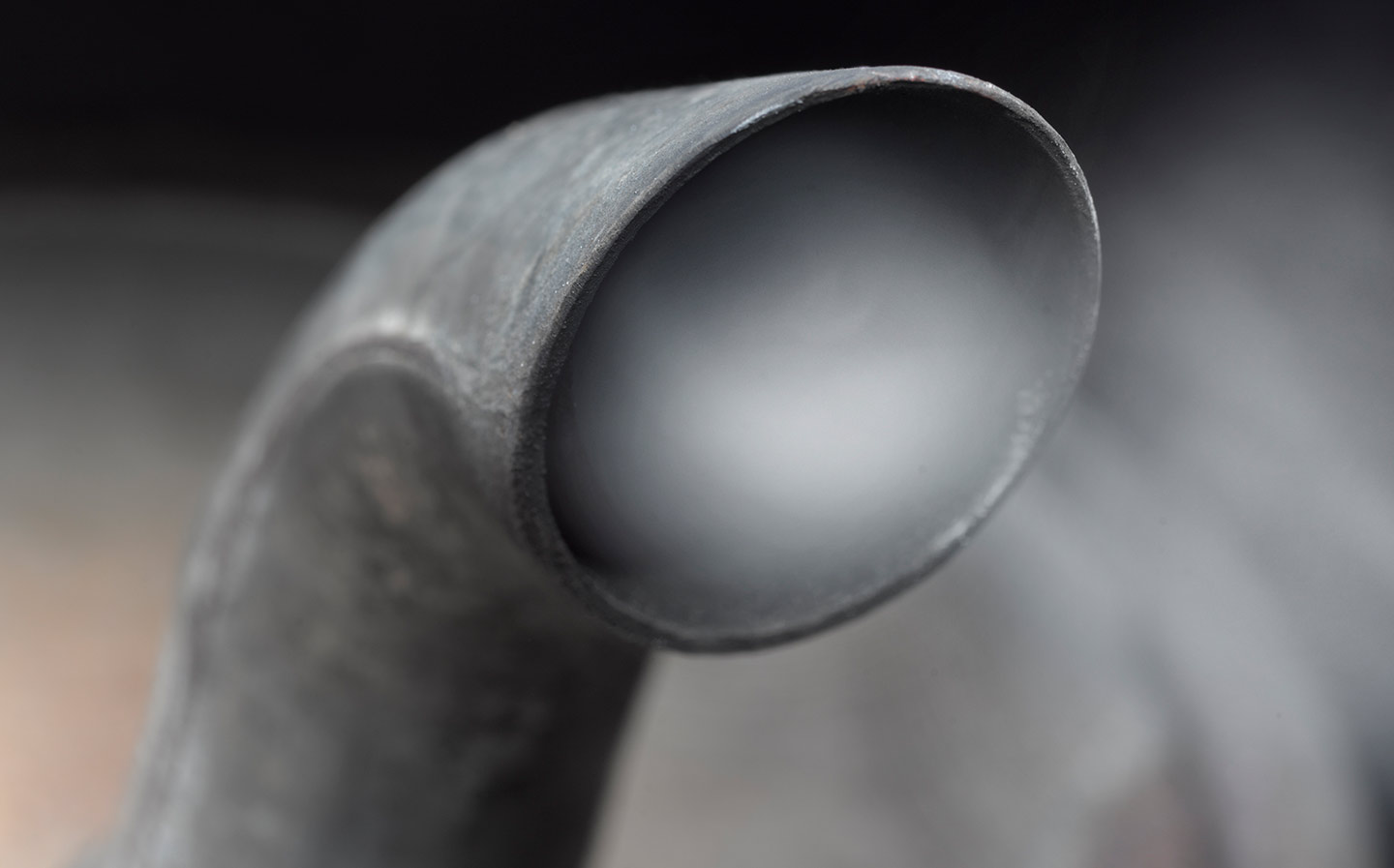Vehicle emissions in spotlight again as coroner concludes air pollution contributed to death of schoolgirl
First time in UK that air pollution has been listed as a cause of death
A CORONER has ruled that air pollution made a “material contribution” to the 2013 death of nine-year old Ella Kissi-Debrah, in a landmark ruling that further highlights the effect of emissions from vehicle exhausts. It is the first time in the UK that air pollution has been listed as a cause of death.
The ruling, delivered at Southwark Coroner’s Court this morning, is likely to prompt further pressure on local and national government to take action regarding the levels of harmful toxins in the air created by road transport, including cars and vans. The Kissi-Debrah family lived just 25 metres from the South Circular Road in south east London, which has been persistently criticised as one of the worst for air pollution and is the most congested in the country.
As quoted by The Times, assistant coroner Philip Barlow said: “On the balance of probabilities, air pollution made a material contribution to Ella’s death. She was exposed to levels of nitrogen dioxide and particulate matter in excess of World Health Organisation guidelines. The air pollution she was exposed to was therefore excessive.”
A 2018 report found that levels of pollution at Catford monitoring station, located a mile from where the Kissi-Debrah family lived, were “consistently” above lawful EU limits.
The assistant coroner also noted the “recognised failure to reduce the level of NO2, which possibly contributed to her death”. NO2, or nitrogen dioxide, is a gas produced by fuel-burning vehicles and in particular diesel vehicles. Long-term exposure to it can result in severe respiratory illnesses; people with asthma, children and the elderly are particularly susceptible to its effects.
Ella Kissi-Debrah suffered from severe asthma and died from an acute asthma attack in February 2013. In the three years before her death she had been admitted to hospital more than 30 times.

The assistant coroner said that the “lack of information” given to Ella’s mother, Rosamund Kissi-Debrah, about the harmful effects of NO2 also possibly contributed to the death. Ms Kissi-Debrah told the inquest that education about emissions needed to improve and that she and Ella’s doctors had been looking in the “wrong direction” for the cause of her breathing difficulties.
Ms Kissi-Debrah has spent the seven years since the tragedy trying to find out the true cause of Ella’s death. The High Court previously quashed the conclusion of a 2014 inquest that judged the cause of death to be acute respiratory failure.
The author of the report that overturned the decision, Professor Sir Stephen Holgate, said that Ella had an “exceptionally rare” form of asthma and described her as a “canary in a coalmine”, illustrating the risk that toxic air poses to other Londoners.
An Ultra Low Emissions Zone (ULEZ) was introduced in London last year, which charges owners of older, more polluting vehicles £12.50 to drive in a zone covering central areas such as the City and Westminster. A study conducted a few months after the zone was introduced found that levels of harmful nitrogen oxides had dropped by more than a third in the area.
From October 2021, the area the ULEZ covers will become 18 times larger, expanding to the North and South Circular roads. City Hall predicts that the new restrictions will affect 100,000 cars, 35,000 vans and 3,000 lorries every day.
The Mayor of London, Sadiq Khan, commented on today’s ruling: “Toxic air pollution is a public health crisis, especially for our children, and the inquest underlined yet again the importance of pushing ahead with bold policies such as expanding the Ultra Low Emission Zone to inner London.
“Ministers and the previous Mayor have acted too slowly in the past, but they must now learn the lessons from the Coroner’s ruling and do much more to tackle the deadly scourge of air pollution in London and across the country.”





